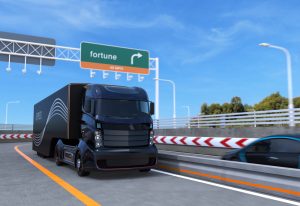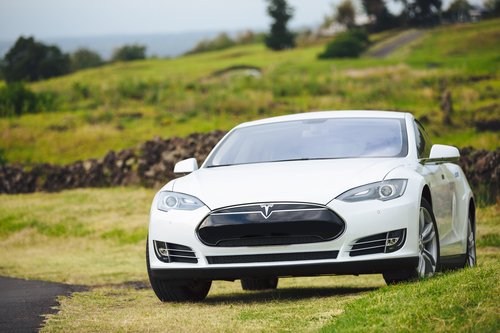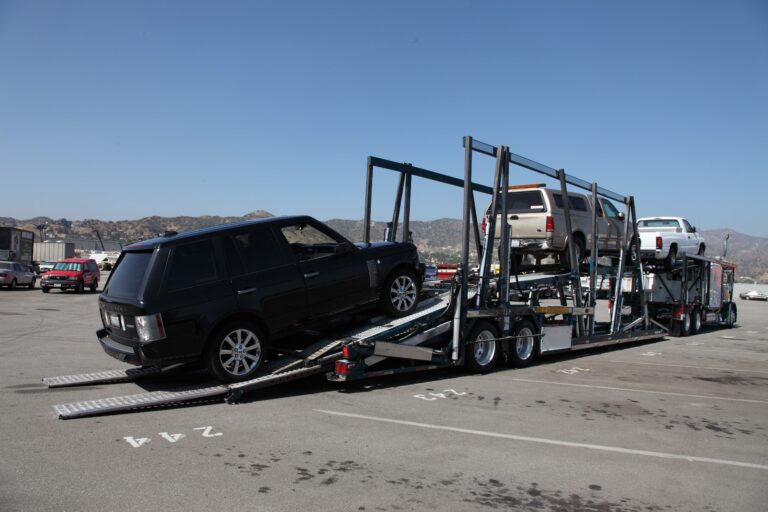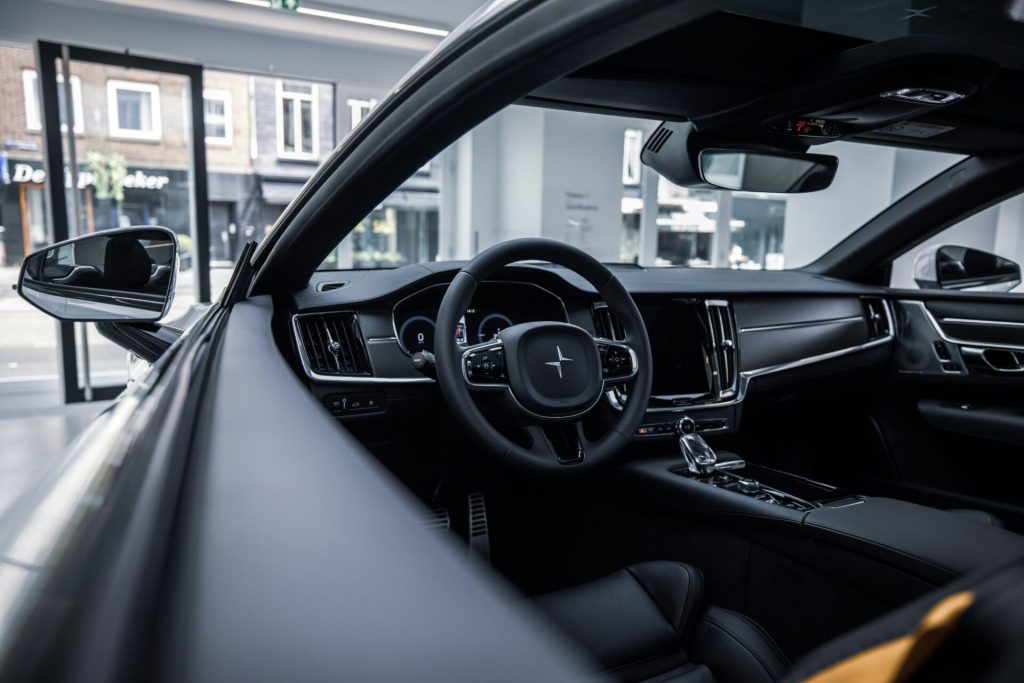
Some people advertise self-driving trucks to be an answer to the truck driver shortage. However, the reality is that the technology is not enough ready for prime time. However, in many places testing of self-driving trucks is proceeding. Self- driving trucks may be on the road prior the end of this decade.
Who are the major players?
Major players in the testing stage involve Otto, Daimler, as well as Tesla. Freightliner and other chief truck manufacturers are preparing or testing driverless, self-driving or semi-autonomous trucks. Moreover, the US Army is cooperating with Otto to test semi-autonomous army vehicles in convoys.
US Army tested autonomous trucks
The US Army tested a four-truck convoy of autonomous trucks on I-69 in Michigan, under actual traffic circumstances in June. The trucks traveled a 40-mile way over numerous days and had human backup drivers onboard, just in case. The system, developed by the US Army Tank Automotive Research, Development, and Engineering Center, used LIDAR to monitor road circumstances. For vehicle-to-vehicle communication shortwave radio was used by the convoy. It used lane closure information from the Michigan Department of Transportation. (MDOT installed special infrastructure to “chat” with the trucks on their test drive.) The four-track traveled in a platoon formation so that each truck did the same maneuvers at the same period.
Autonomous trucks would serve combat zones
The Army hopes to perfect and organize the system in 10 to 15 years. The objective is to reject risk to soldiers in combat zones and to perform routine transports. Further development will give the trucks such skills that they will be able to make split-second decisions, to analyze as well as address unanticipated events.
Self-driving trucks will be hosted by Columbus
A private firm from Mountainview, Peloton Technology CA, will be testing its own platooning vehicle in Columbus, OH. The test will take place near Rickenbacker International Airport. However, before that happens Ohio State University’s Transportation Research Center will test the trucks on its own 7-mile closed track.
Columbus needs human drivers
Unlike the Army’s four-truck platoon, Peloton Technology will be testing two-truck platoons. The City of Columbus will require that each truck has its own human driver in the cab, and the human driver must direct the truck. According to Peloton Technology, their system is more like an advanced cruise control rather than self-driving.
Otto Technologies purposes for long distance autonomous trucks
Self-driving startup Otto Technologies is testing its self-driving trucks at the Concord Naval Station in Concord. Their four-track are really autonomous and feature equipped cameras, GPS, lasers, radar and other sensors to help make sense of road circumstances. According to the company, the system is not tuned to manage different weather conditions yet and is ultimately planned to complete long-haul trips. The designers don’t envisage the system being used in heavily congested urban areas anytime soon.
The Otto system relies on drivers to test the vehicles to the freeways. When the self-driven truck hits the entrance ramp, computer controls take over and can test the vehicle to any off-ramp in the country.
Tesla Motors observes urban autonomous trucks
Tesla Motors’s approach is diverse. Instead of avoiding urban driving, the company is focusing on self-autonomous technologies that navigate the urban landscape. The company designs driverless trucks and buses and hopes to have something on the road in 2017.
Tesla needs self-driving buses as well
Tesla is working toward on-demand mass transportation. This approach would use smaller buses that follow ad hoc roads. Tesla also says that it would operate buses privately in cities as an alternative mass transportation option.



